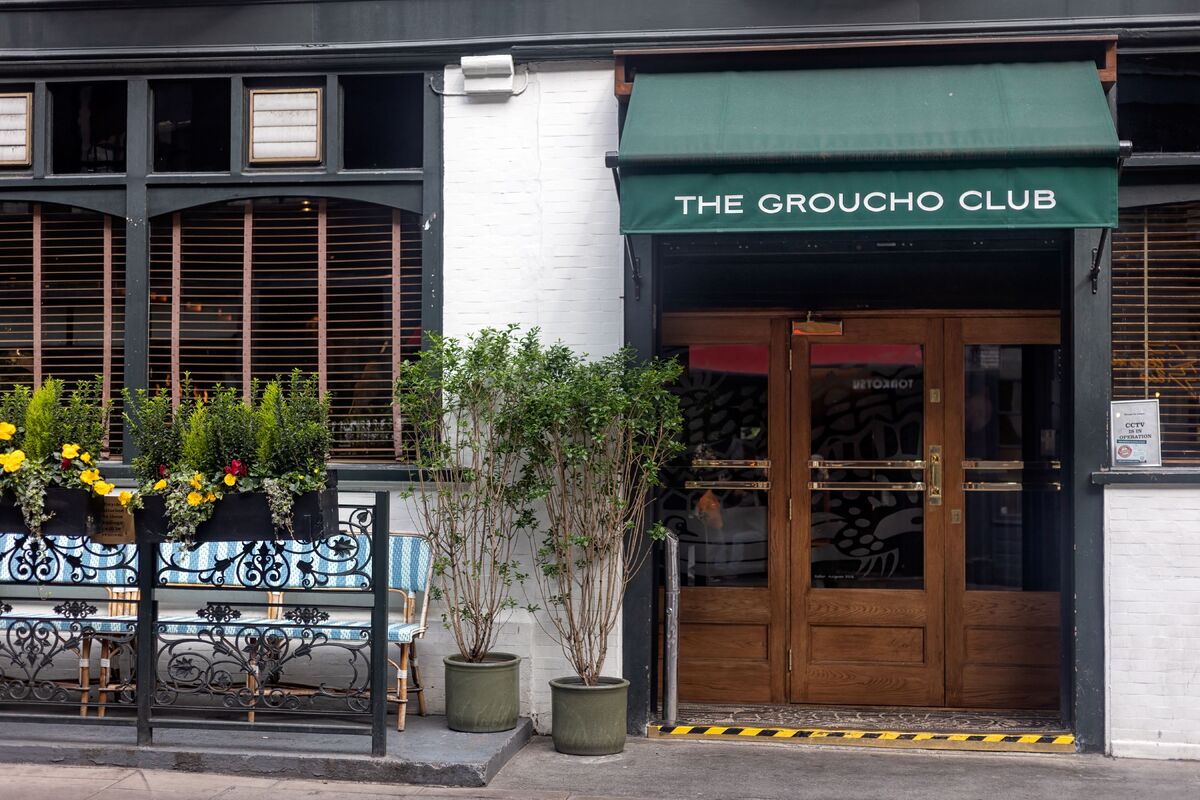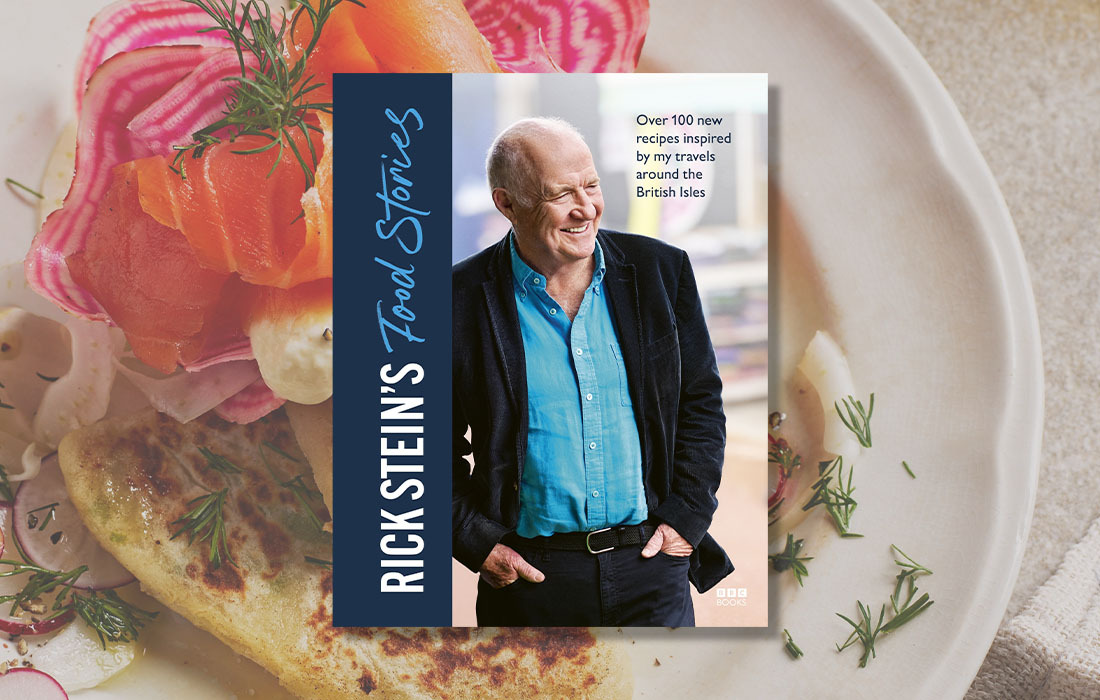How to be diverse and inclusive in today’s world
With gender and racial diversity key to growing the next generation of talent, Caroline Baldwin hears from a panel of experts how companies can forge a more comfortable and safe environment
Creating a safe, comfortable and inclusive environment for the hospitality workforce needs to be a top priority to find and retain future talent and drive business growth, said a panel of experts at UKHospitality’s Workforce and Skills conference in London last week.
“It’s not just about doing this from a moral and emotional perspective – it makes business sense. If you’re hiring people who can feel completely themselves at work, they’re much more likely to stay, do a better job and put their heart and soul into what they’re doing because they feel like they’re being respected for all of them,” said Max Siegel, LGBTQ+ inclusion consultant, speaking at the event.
“For example, as you go down the generations, the number of trans and non-binary people triples,” he explained. “Gen Z have the highest number of trans and non-binary people of any generation and that’s only going to keep increasing. It also means anyone in that generation is going to be aligned with those people. So this whole new workforce we’re bringing in is going to be looking for inclusion and recognition from companies. And if you don’t have that, you’re going to lose out on that talent.” Discussing the skills shortage faced by the industry, Siegel pointed to how job applications for Virgin Atlantic crew rose by 100% after the airline implemented a gender-neutral uniform policy last year.
Speaking on an earlier session at the event, Jon Boys, senior labour market economist at CIPD, pointed out there is a significantly smaller pool of 16- to 24-year-olds available to work today than there was 30 years ago, as Saturday jobs have fallen out of fashion and there is a decline in part-time students.
“If we apply the 1992 economic activity rates to the 2022 rates and the 16- to 24-year-old population, we can get an idea of how many people are no longer available to work because of these changes. The answer is almost one million people [913,000],” he said, and added that it is more important than ever to keep this smaller pool of workers content within the hospitality industry.
Education and understanding
Siegel described his recent work with Greene King. The pub group wanted to improve its understanding of the trans and non-binary community so it could talk about pronouns and look at implementing gender-neutral bathrooms. He worked closely with the head of HR to create a series of films where the two had an open conversation which was shared on the organisation’s intranet.
“The challenge is always going to be a lack of understanding – some people don’t understand why it’s relevant and we’re fighting misinformation in the media and on the internet,” he said.
Siegel said he often sits down with senior business leaders who say they are scared of making mistakes and don’t know what to do. “I stop them and say ‘it’s fine’. If you play golf, that’s a different language and this is a similar thing – I can teach you, you don’t need to know everything right now, but you need to be able to admit when you get things wrong and allow yourself to be corrected.”
“It’s about respect before understanding,” he continued. “You might not get it, but let’s approach it in a respectful way and open up the conversation.” He pointed to the Netflix documentary Disclosure as a great starting point to for those wanting to educate themselves about the challenges faced by the trans community.
An all-round approach
Alessandra Alonso, founder of Women in Travel CIC, agreed. She said: “Diversity and inclusion is an operational business issue as it’s about the sustainability of your business in the longer term. Diversity is so much more than a HR thing, it impacts every part of the business, which will drive commercial gains in the end.”
For Alonso the diversity efforts need to begin within the business, rather than relying on applications from a diverse range of people to land in your inbox. Referring to a time when only three women applied for a role compared to dozens of men, she said it’s important to “cultivate and nourish your internal pipeline”, so companies can look at their own workforce and who is available and ready when a senior appointment arises.
Also on the panel was Amanda Mason, head of marketing at motorway service operator Roadchef, who said that the only way hospitality can deliver a great customer experience is by ensuring their employees are comfortable and can be their true selves at work.
Mason said hospitality businesses that are actively trying to create a more comfortable and inclusive workplace should inform their staff, whether that’s looking into gender-neutral toilets or supporting Pride or Black History Month. She described a campaign Roadchef ran in October to coincide with Black History Month, where the digital advertising space at the business’s motorway service stations up and down the country were used to highlight a Black artist’s work.
“Two million people would see her work and it was so easy to do – we can promote diversity by literally flicking on a screen,” she said. The company’s efforts was noticed by colleagues who could see the work Roadchef was trying to do to promote diversity.
Mason pointed out that there is a diversity gap between entry-level positions, which are generally taken up with quite young and diverse people, but which disappears at more senior levels. She said it has taken the industry long enough to promote women to board level, and the industry needs to be proactive, not reactive, such as when companies reacted to the Black Lives Matter movement by looking at racism within their own businesses.
“Now companies are starting to look at trans issues because of the awful things that are happening,” she said. “But we need to look at this now. We need to look at our on-site teams, as this is our leadership in 30 years’ time, and think, ‘how am I developing and nurturing them?’”
Understanding pronouns
Listing pronouns on email signatures, social media bios and during in-person introductions is becoming more commonplace in society. The action is thought to normalise and encourage discussions around gender and avoids accidental misgendering while reminding people to not assume pronouns. When cisgender people – those whose gender identity corresponds with the gender assigned to them at birth – also actively share their pronouns it helps to support their LGBTQ+ colleagues.
Siegel said listing pronouns in business needs buy-in from the most senior level. “You need everyone to understand why and let it happen naturally,” he said, suggesting that when a colleague who may feel cynically about sharing their pronouns sees their boss introduce themselves with their pronouns in a meeting, that colleague is likely to follow suit. He also pointed to one business leader who listed their pronouns at the end of an email signature included a ‘what’s this?’ link to a thought leadership article on the company’s website, which is another way to educate others.
Siegel quickly pointed out that it is important not to enforce the listing of pronouns across the business as this could inadvertently cause discomfort by ‘outing’ colleagues who may be transitioning before they are ready to talk.
















